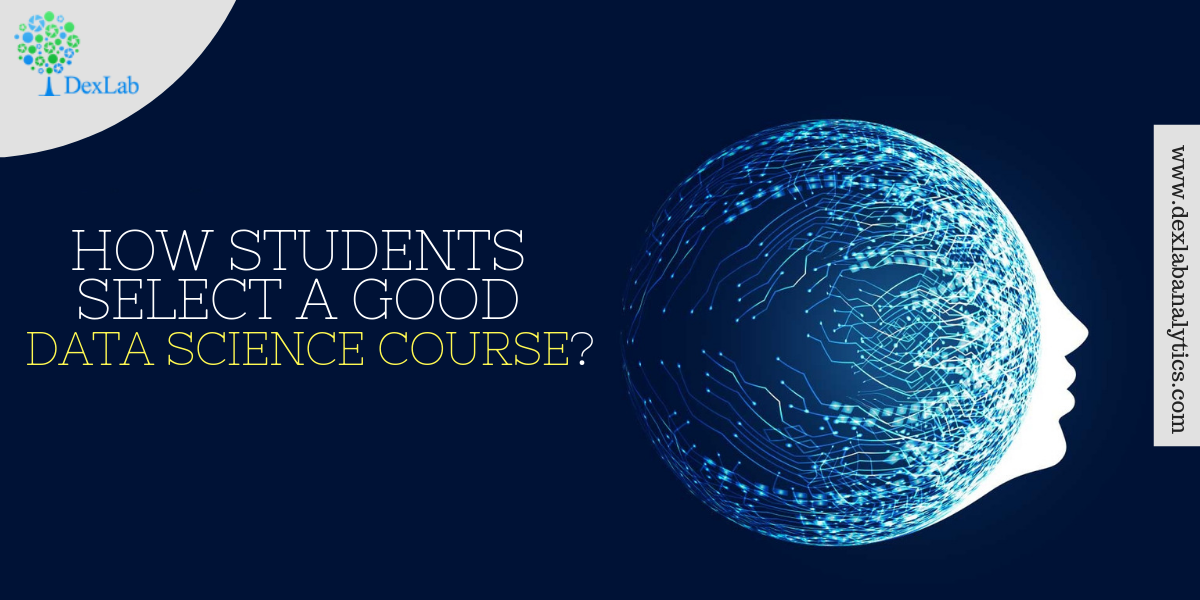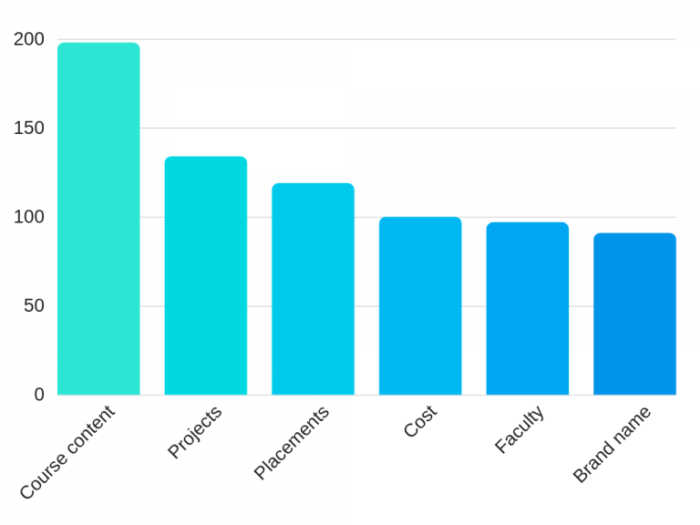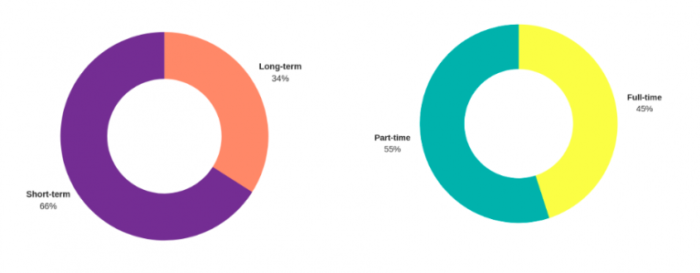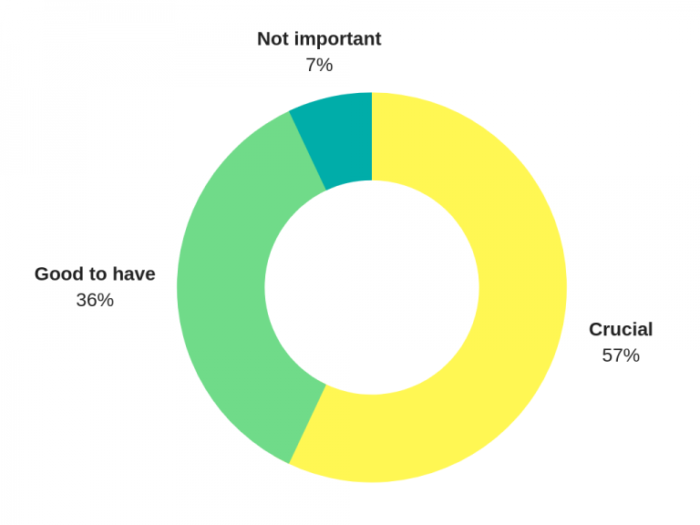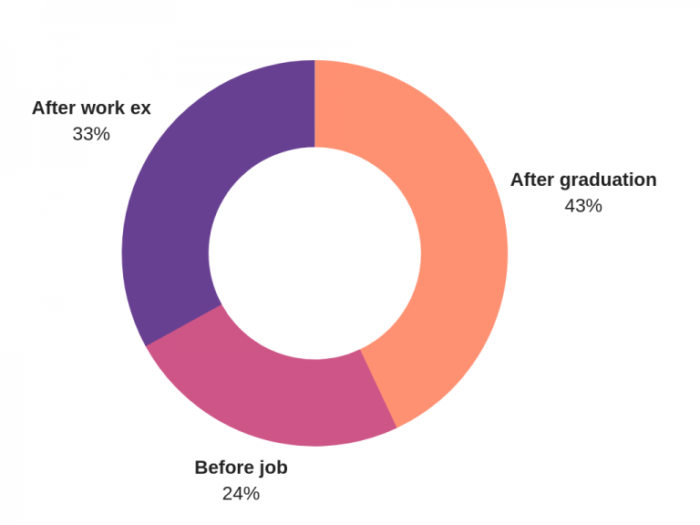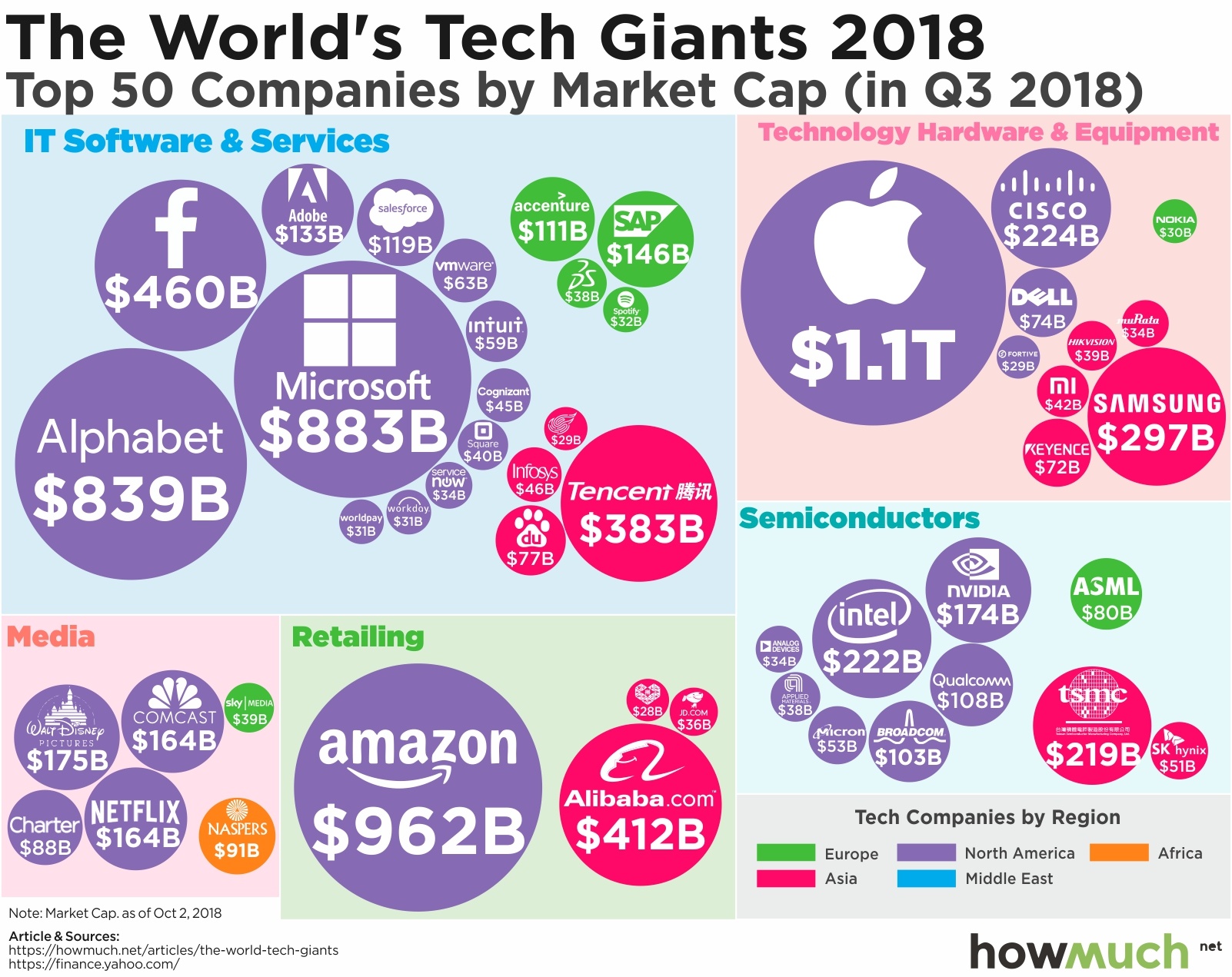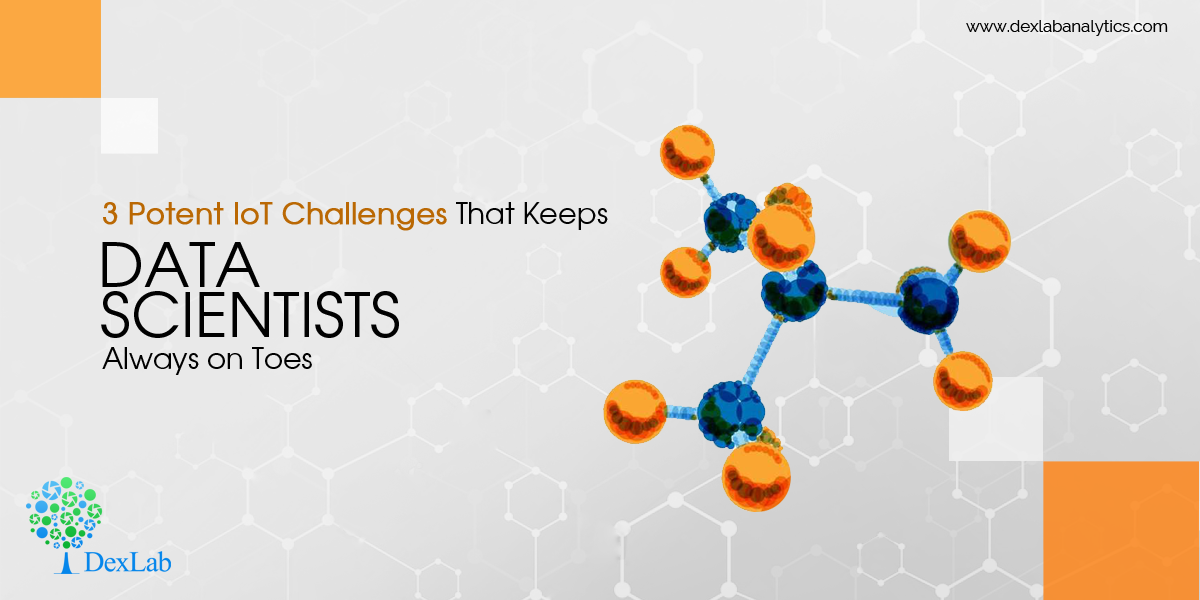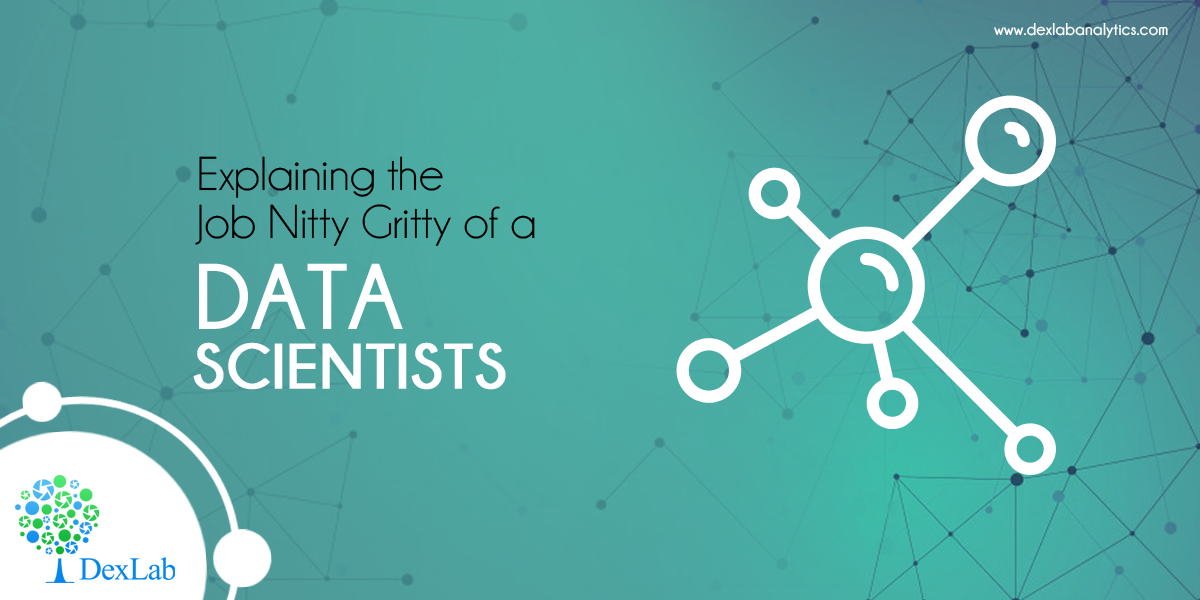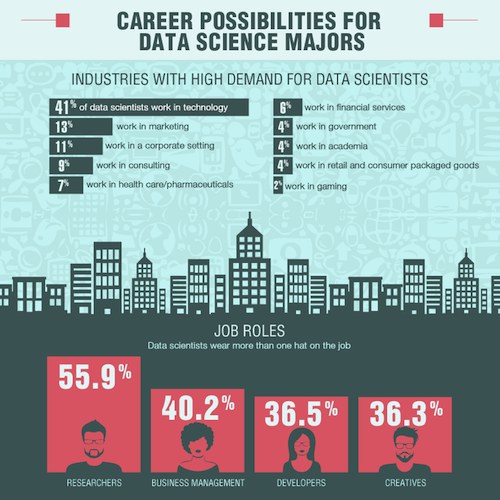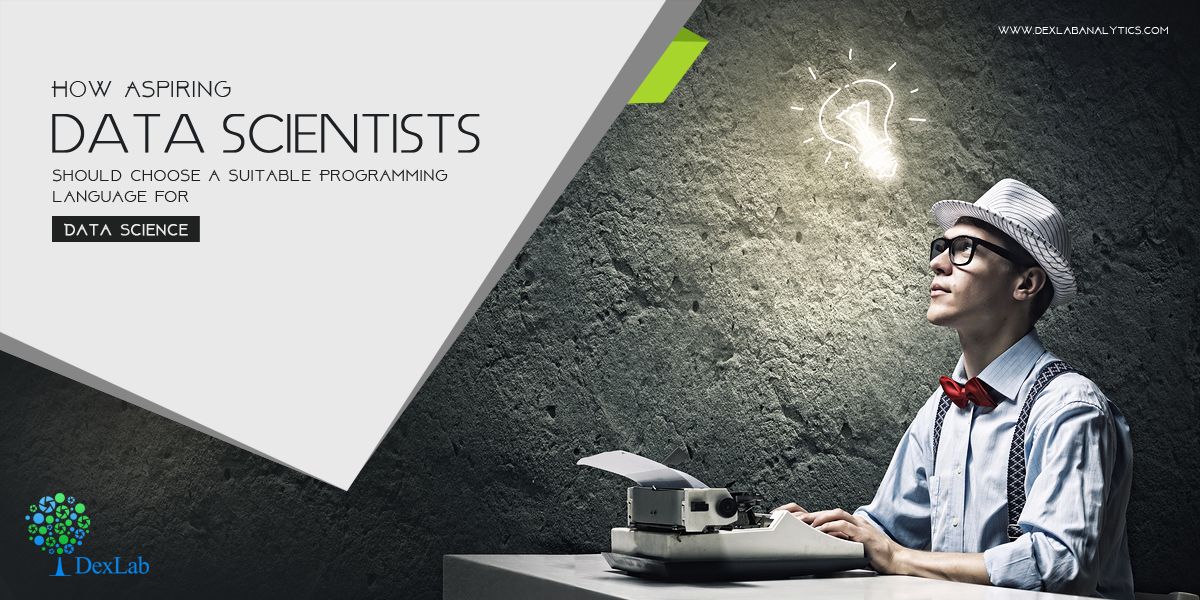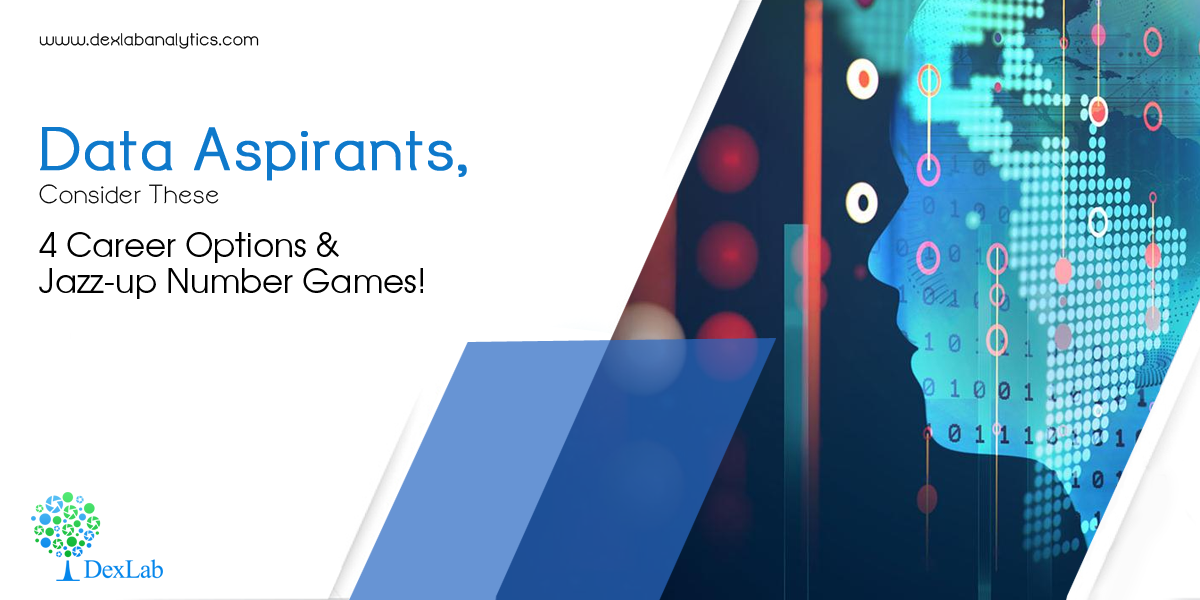
Businesses are becoming smarter. They are unleashing a bigger impact. Driven by innovation and humongous volumes of data, organizations observe market trends and predict customer behavioral patterns – no wonder, this industry is the right place to incubate newer technologies and explore higher horizons.
Data science is the bull’s eye of this new-age industry. It is unabashedly predictive rather than being conclusive. As a result, garnering cross-team collaborations in this particular field of science may turn a bit challenging. A good data science team is a combination of talented professionals, high intellect, powerful body of knowledge and advanced data-tackling skills.
To give you a hand, we’ve rounded up top trends or tips to follow to get to the bottom of the art of running successful data science teams:
Diversity is the Key
Diverse backgrounds, on-point technical expertise and voluminous domain knowledge is what makes a data science team high on diversity. A healthy concoction of machine learning skills, knowledge in mathematics and statistics and conversational skills is critical for a productive team. Just having one or two skills is simply not enough, anymore!
Structure and Prioritize
Once you have a team by your side, you need to start structuring an operating model. The data needs to be deconstructed into sizeable prioritized slices. After that, every data-related measure should be backed by needful communication – it helps in determining the bottlenecks and devise effective solutions.
Experimentation Helps
Experimentation is crucial as well as important. Unless you experiment, you can never scale new heights and this is equally applicable in data science. In the sprawling field of data science, every project starts with a challenge and a set of hypothesis that addresses it. However, you won’t find any particular roadmap to success. Hence, it opens a lot of room for innovation and experimentation.
Collective Responsibility
Yielding data science initiatives demand absolute cooperation, collaborative responsibilities and fine reporting structures. A healthy coordination between analytics and business teams, specifically IT, is extremely important for overall business success. Data science experts need to collaborate with each other and strike a tone of success.
Data Accuracy
Gain access to data bank and fine-tune the accuracy of your analysis. Business users leverage improved functional tools of analytics for overall business success. Data is the key, and data availability and quality are the pillars on which organizations stand. Therefore, we suggest practice data accuracy for improved data analytics and boost future business goals.
Today, online resources and libraries can help you almost everything. What they cannot do is feed you is the underlying intricacies of data science and how to devise an effective solution utilizing the base knowledge of mathematics, statistics and machine learning technology. For these, you need an expert Data Science Certification – it will help you discover the grey unknown territories of data and educate you on how to tame them.
Reach us at DexLab Analytics – we offer in-demand data science courses for students and professional, both.
The blog has been sourced from ― www.analyticsindiamag.com/the-art-of-running-successful-data-science-teams
Interested in a career in Data Analyst?
To learn more about Data Analyst with Advanced excel course – Enrol Now.
To learn more about Data Analyst with R Course – Enrol Now.
To learn more about Big Data Course – Enrol Now.To learn more about Machine Learning Using Python and Spark – Enrol Now.
To learn more about Data Analyst with SAS Course – Enrol Now.
To learn more about Data Analyst with Apache Spark Course – Enrol Now.
To learn more about Data Analyst with Market Risk Analytics and Modelling Course – Enrol Now.

